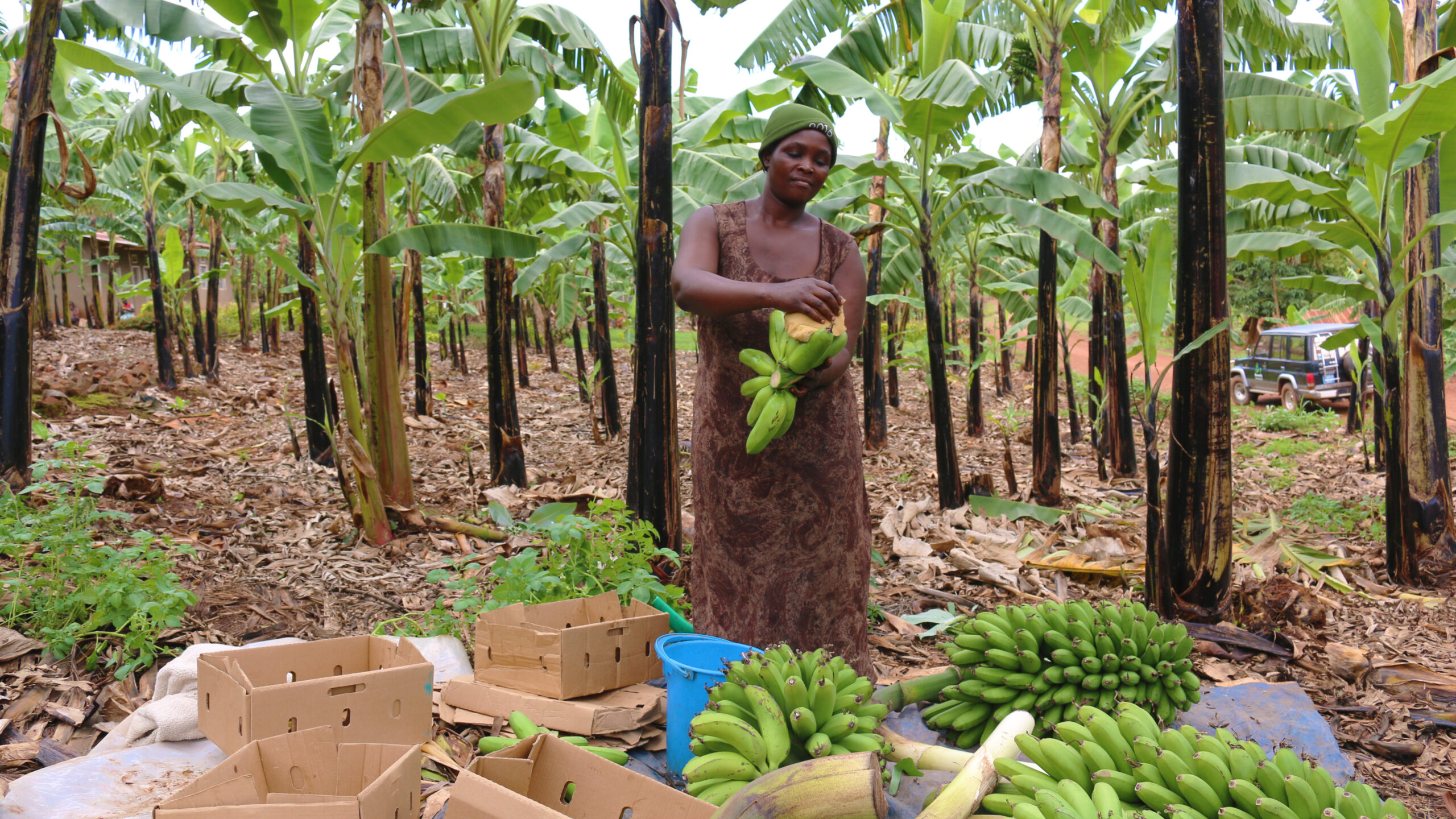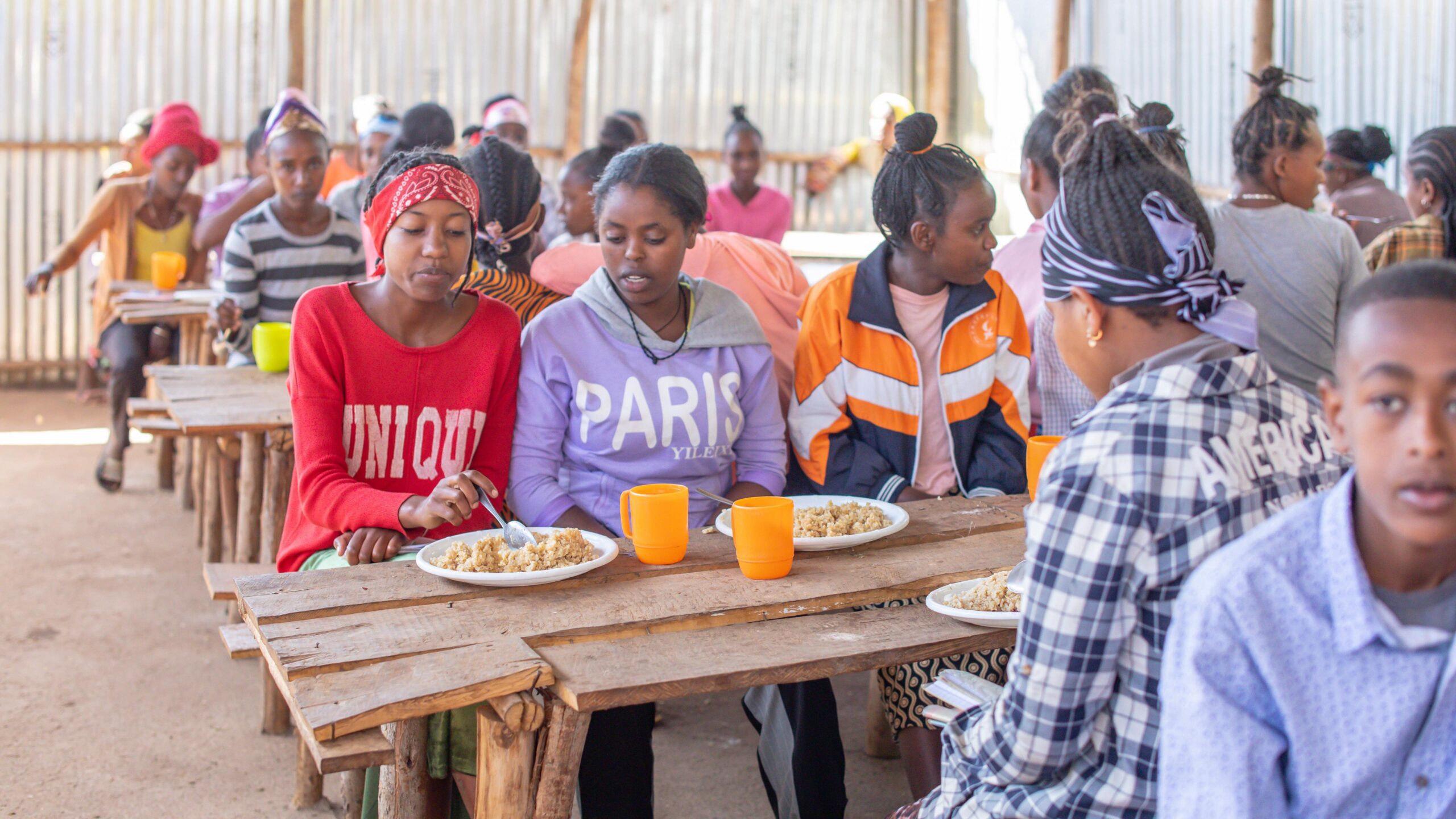Biofortification could prove to be an essential strategy for combating micronutrient malnutrition in India, which has one of the world’s highest overall rates of malnutrition. Biofortification is the process of breeding new food crops with higher micronutrient content. For example, food, such as wheat and millet are both staples in the Indian diet. Developing biofortified versions of these food crops is expected to increase the levels of essential micronutrients available to the poor in India through their daily diet.
But how can farmers be convinced to buy and plant these seeds? A new HarvestPlus and IFPRI study addresses this question by examining what the popular seed varieties of these two crops are, and where farmers get their seeds, as well as information on these seeds. Such information should help policymakers design targeted interventions to maximize the adoption of biofortified varieties of these two crops in India.
The study requires collecting data from various stakeholders including key actors along the two seed and crop value chains, such as farmers, seed suppliers, and local agricultural officers. IFPRI researchers have enlisted the help of several private Indian firms to develop and implement cutting-edge data collection methods which would facilitate the communication between the enumerators and the value chain actors they are interviewing.
KISAN FORUM, a private agricultural service provider that hosts the country’s largest annual farm supply trade show, offered IFPRI researchers access to its database of seed suppliers, providing a large number of potential respondents for the study. Suppliers were interviewed through telephone surveys conducted out of a call center in the western city of Pune, which has recently attracted many technology firms. Additionally, farmers were surveyed through computer assisted personal interviews, with the use of the Personal Digital Assistants (PDAs), which are handheld computers. The software for data collection and transfer was developed by IFPRI researchers and Seed Solutions, a software development company also based in Pune. The software is able to identify answers that were likely entered incorrectly or invalid answers given by farmers, thereby reducing the potential for errors. Data from both farmers and seed suppliers were transferred back to the researchers in real time, enabling them to monitor the data quality continuously, as the data were being collected. By tapping into the country’s growing technological and service sectors, HarvestPlus and IFPRI are compiling data that will help devise strategies for India to better use biofortified crops to improve nutrition outcomes.







